
Delivering innovative transportation solutions locally and internationally
Everything we do
is to bring clarity
We empower our clients to enhance community well-being, providing solutions and advice to governments, local authorities, and businesses. Collaboratively addressing transport challenges, we leverage data and technology for informed decision-making. From road safety to data-driven solutions, we enable smarter choices for a better future.
Our Services
Using our expertise, technology, and data, our team of planners, engineers and specialists provide transport solutions, from road safety and location intelligence to land development planning.

Supporting positive safety outcomes from streets to transport networks.
Learn more ›
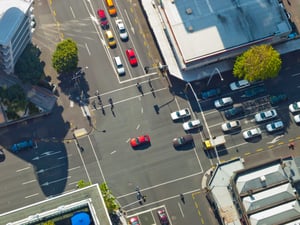
Designing transport solutions collaboratively with practitioners.
Learn more ›

Creating safe, appealing spaces and engaging with communities.
Learn more ›

Creating efficiencies in Business Cases, Modelling and Public Transport.
Learn more ›
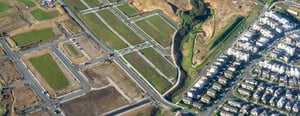
Applying transport expertise to support clients in land development.
Learn more ›

Optimising with spatial, software and digital engineering solutions.
Learn more ›
Our Products
CarbonWise enables organisations to measure and report on employee commuting emissions and plan initiatives to support their team to make sustainable choices.
Utilise innovative data-driven tools that deliver real results. Our range of products within the SafeSystem suite provide you with valuable information to aid in reducing crashes and lives lost on our roads.
TrafficFlow provides a range of products for detailed traffic analysis, offering insights on road speed trends, popular routes, holiday travel impacts, and origin/destination flows.
Featured Projects

Ballance
Learn more ›
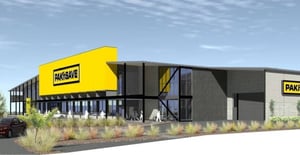
Foodstuffs
Learn more ›

NZ Transport Agency
Learn more ›

Contact Energy
Learn more ›
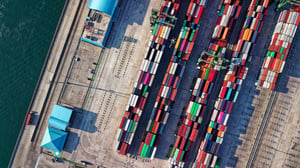
Ports of Auckland
Learn more ›
Our Insights
Explore our articles and research, use our tools and calculators, and learn from our industry experts in our latest webinars to keep up with the latest trends in transport.
The Hidden Cost of Crashes: Quantifying Network-Wide Delay
From Curiosity to Community: Reflections on a Career in Engineering
How strategic communications drives real change
Join our team
At Abley, we pride ourselves on doing great work, but also by being a great place to work. We work hard to look after our talented team, by recognising and valuing our people through a range of initiatives.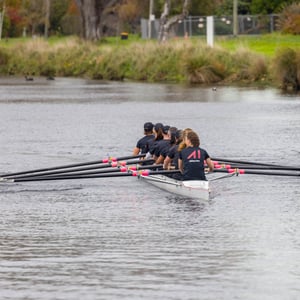
Get in touch
If you’ve got a question or want to chat to us about how we can help you, complete the form and we’ll respond as soon as possible.
We look forward to talking with you.
.png?width=556&height=152&name=Abley_MasterLogo-Website%20(1).png)
















